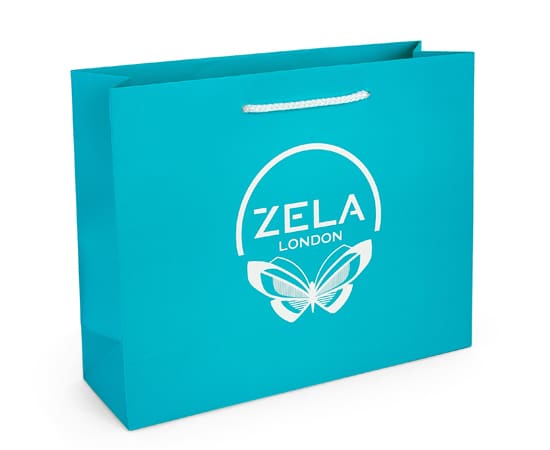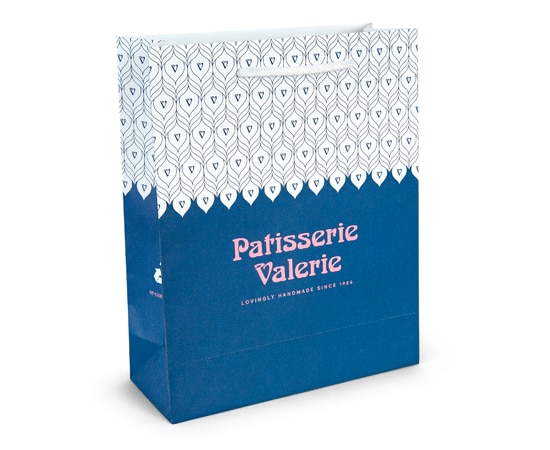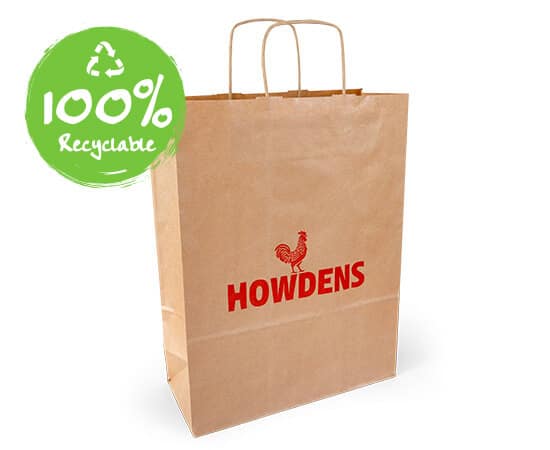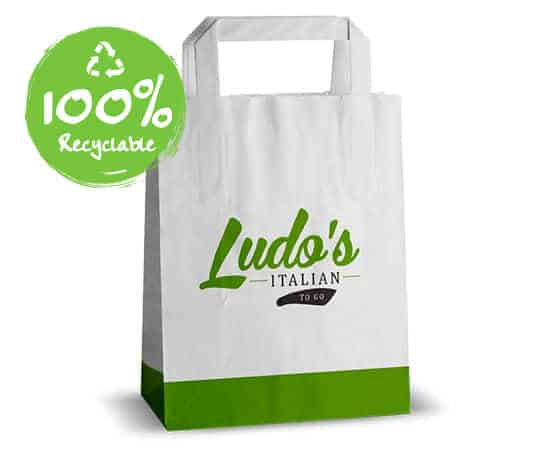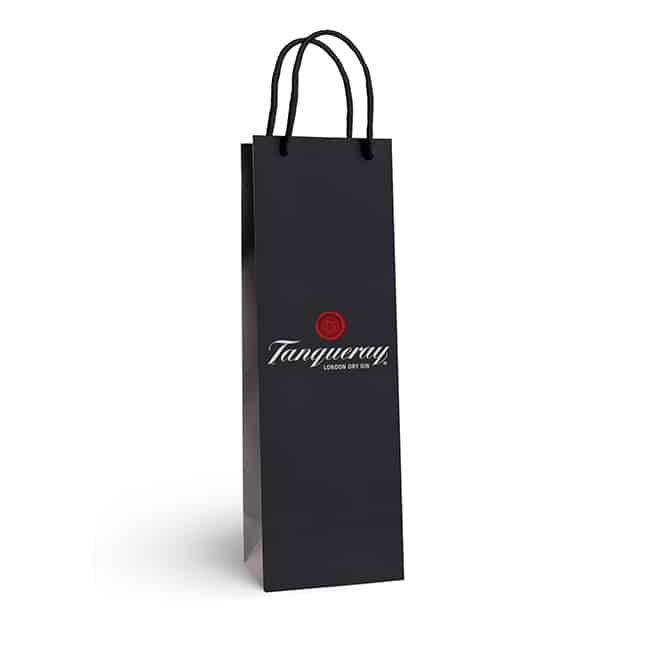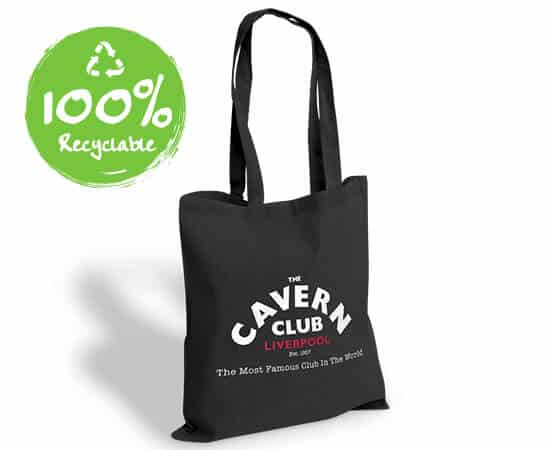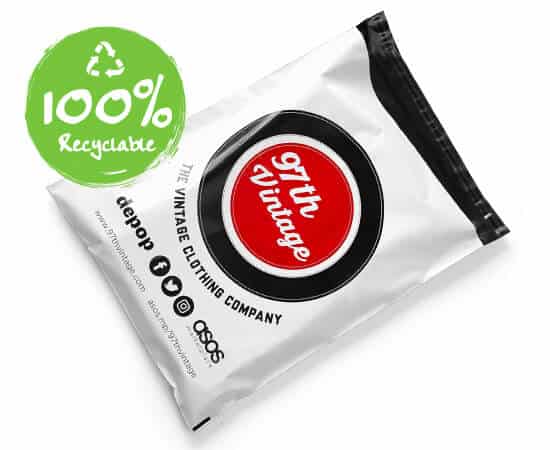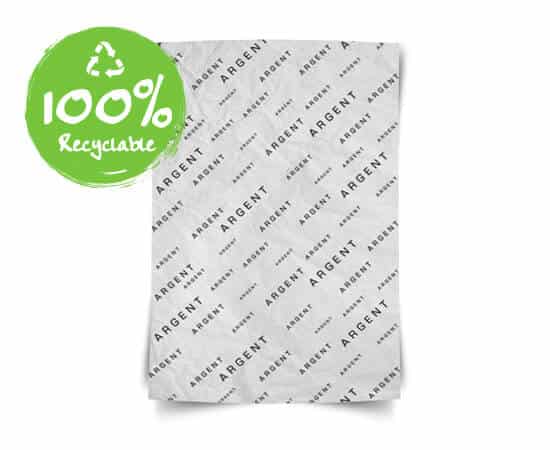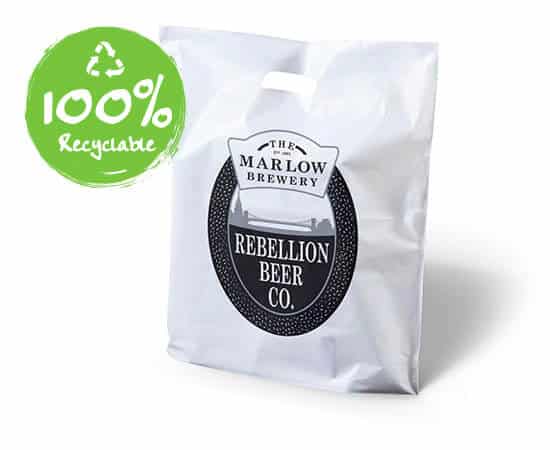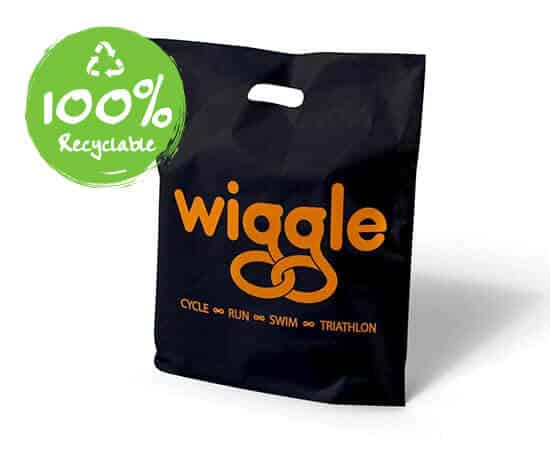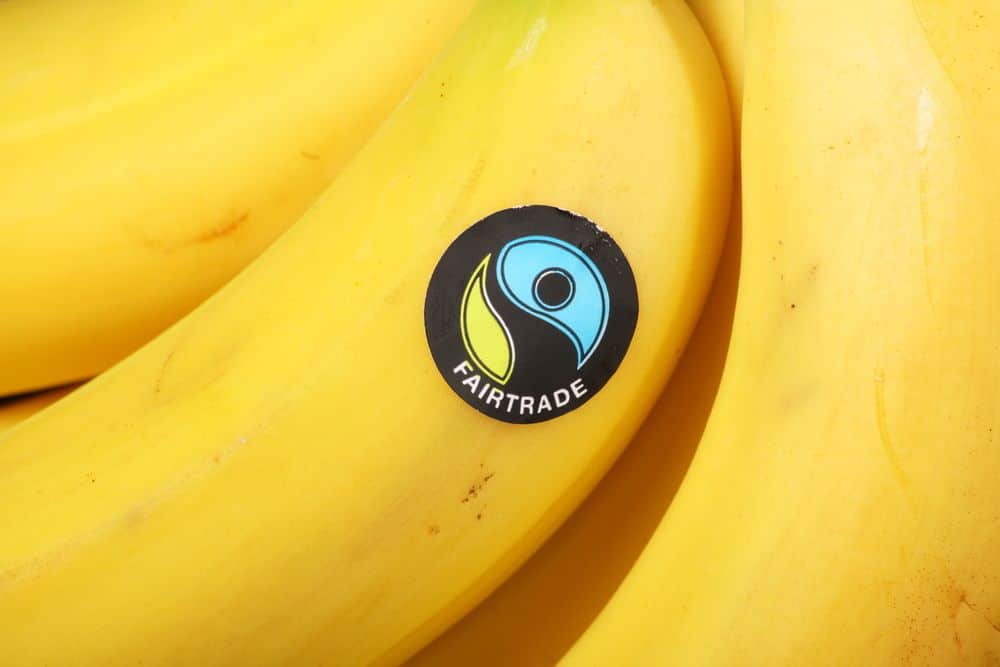
How Can SMEs Incorporate Fairtrade Into Their Business?
With Fairtrade Fortnight upon us, how can Fairtrade for SMEs be incorporated into your business? Fairtrade is not just about coffee and bananas, it’s about being a part of a fair trade supply chain. From the producer, to the distributor, to the consumer, there is an opportunity to be a part of this fantastic community.
By incorporating Fairtrade into your business, even if it is a small business, you can help improve the lives of the workers and farmers who produce the products that you sell on or use in your business. And, it means that customers will see the ethical commitment of your company when you are a part of the community and display the trademark.
Did you know that 9 out of 10 consumers regard the Fairtrade Certification Mark as a trusted label?
From using fairly made products in your own workplace to selling to the consumer, here are 5 top tips on incorporating Fairtrade for SMEs…
Become a Fairtrade workplace
Stocking your work kitchen with Fairtrade coffee, tea, sugar and biscuits will show your staff that you are committed to having a positive impact on workers and farmers living in the developing world. Let staff and visitors to your business know that you support the cause by becoming a Fairtrade Workplace of Worldchangers. Display posters celebrating your Fairtrade tea or coffee and get involved with this work in your community.
Stock Fairtrade products
If your business is in retail, a cafe, a restaurant or catering company, stocking Fairtrade products shows your business as being committed to empowering workers and farmers in developing countries. More and more consumers are looking for transparency in the sourcing of the food you serve or products that line your shelves. Having Fairtrade certification will give them the reassurance they are looking for, helping your business to be that go-to place. To be sure you are stocking certified products or using the right ingredients in your food preparation, the National Fairtrade Purchasing Guide will help you to find certified suppliers.
Sell Fairtrade ingredients to other businesses
If your company is in this line of business you will have to get certification from FLOCERT to be Fairtrade certified. This is an independent organisation that will certify you as being part of the Fairtrade supply chain. They certify the whole supply chain from farming and production of raw materials, through to the packaging of the product, ensuring a sustainable supply chain where workers are being paid fairly and have safe and proper working conditions. Your Fairtrade Certification shows that your business meets the social, economic and environmental standards and allows you to display the prestigious mark on your products. If you’re looking to expand your business, or even go global, this will help increase your opportunities for sure.
Sell finished Fairtrade products wholesale
You’ve done all the hard work in sourcing authentic products either directly from developing countries or through those companies who use only certified ingredients to make their products, but how do you reach more of your target market when it comes to selling your products wholesale? Make sure that you are listed in the previously mentioned National Fairtrade Purchasing Guide as this is where many of your target audience will head when sourcing finished products, whether it’s wine, flowers, clothing or the standard tea and coffee. This purchasing guide can also be a good place for you to connect with those smaller businesses that sell Fairtrade products, and grow your business.
Carry the Fairtrade Mark on your own finished products
If you produce finished products to sell on to retailers, food service companies, wholesalers or the general public, and can verify that they have come through the supply chain at every stage, apply to become a licensee and carry the Fairtrade Mark on your products. There’s a bit of work involved here, but when you know you are committed to the ethos it’s well worth it. You will need to compile and keep updated your supply chain to make sure your products meet (and continue to meet) the strict ethical guidelines. Once you are a licensee you will get help with this task, along with tools and advice on how to use the mark effectively. This will firmly establish your business as one that has strived to create a sustainable supply chain, purchasing materials and ingredients that will help improve the lives of farmers and workers who help make the products.
Fairtrade for SMEs can benefit your business
Every business should be aware of their corporate social responsibility and the impact of their business on the rest of society. Fairtrade is easily recognised as good corporate social responsibility. It shows you and your business as one who cares about workers and farmers in the developing countries; that they are paid fairly, have good, safe working conditions and can enjoy a reasonable living standard.
Fairtrade Fortnight – how can your small business contribute?
Get involved in Fairtrade Fortnight this year. The spotlight is on trade, because when trade is fair it can make the world a better place.
- Office –Based Businesses – Bring in Fairtrade snacks and beverages for the staff and visitors
- Beauty & Hairdressing – stock and promote Fairtrade products for sale. Use Fairtrade beauty products in your treatments
- Cafes & Restaurants – Promote Fairtrade options when it comes to teas and coffees. Make cakes and treats from Fairtrade ingredients.
- Health Stores and Delicatessens – Highlight Fairtrade products on your shelves, promote with customers and educate customers on the supply chain of these products
For every business – shout about your commitment to Fairtrade in your marketing, social media, emails and promotional products.


